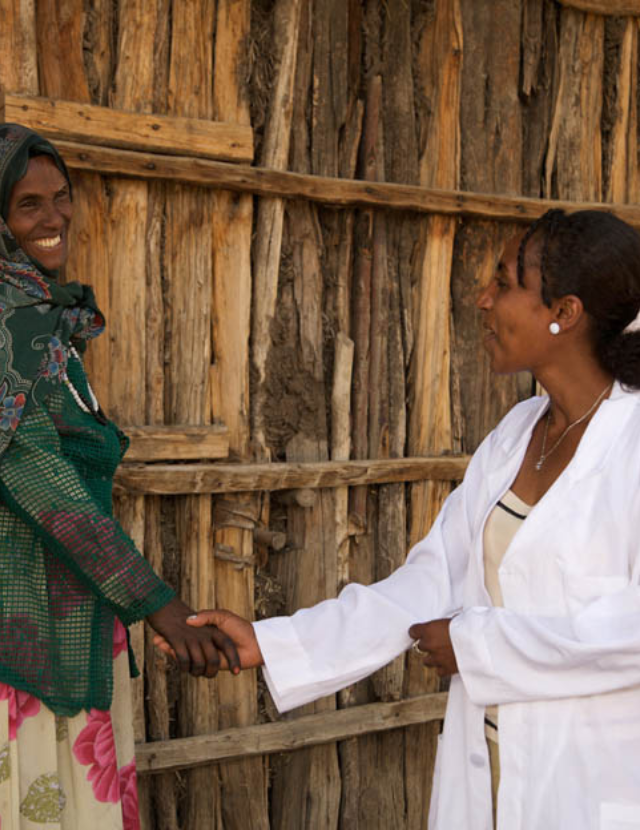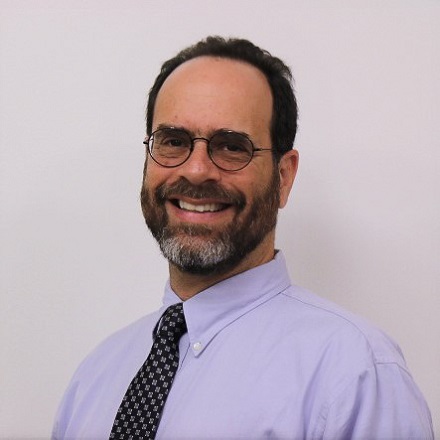Building Diversity and the Capacity of Global Public Health Professionals, Organizations for Greater Global Health Outcomes
Highlights

PHI’s STAR supports the development of a diverse global public health workforce by building and strengthening the capacity of global health professionals and organizations through skill-building, experiential and hands-on opportunities, leadership development and networking.
21% increase in the hiring of African American interns/fellows from the previous yr
10% increase in the hiring of Latino/Hispanic interns/fellows from the previous yr
2022 showed the highest diversity rates for interns/fellows since STAR began operating
5-10% increase in the # of intern/fellowship hires for those who identified as two or more races
-
Focus Areas
Capacity Building & Leadership, Global Health -
Issues
Workforce Development -
Expertise
Leadership Development, Public-Private Partnerships, Technical Assistance
During 2022, the Public Health Institute’s Sustaining Technical and Analytic Resources (STAR) program continued its mission towards developing a diverse global public health workforce and building/strengthening the skills, knowledge and leadership capacity of global health professionals and organizations to improve global health outcomes.
Research shows that a diverse global public health workforce is better equipped to address public health disparities than one that is not diverse and is also able to implement population-based approaches aimed to improve health in communities.
One strategic way that STAR prioritized diversity, equity, inclusion and accessibility in the workplace was by addressing unconscious biases in the hiring process of interns or fellows. STAR incorporated “masked recruitment”—the process of removing the candidate’s name and any other identifying factors during the recruitment process, which resulted in 24 fellowship and 29 internship positions that were filled in 2021. The program saw a significant increase in diversity among intern hires.
2022 data also revealed the following:
- 2022 showed the highest diversity rates for interns/fellows since the inception of STAR.
- There was a 21 percent increase in the hiring of African American interns from the previous year.
- There was a 10 percent increase in the hiring of Latino/Hispanic interns from the previous year.
- The number of intern hires for two or more races increased from five percent to 10 percent.

STAR fellows, interns and partners have also collaborated on the development of systems and tools that strengthen and sustain local and global health responses to better address diseases, epidemics, and pandemics in resource variable settings.David Hausner, PhD, MPH, MIA
Program Director, Sustaining Technical and Analytic Resources (STAR), Public Health Institute
About STAR
STAR is a global health talent hub that offers paid internships and fellowships at all career levels. STAR builds and strengthens the capacity of diverse global health professionals and organizations to make inclusive, collaborative and innovative contributions to global health. STAR sources and recruits talented individuals (fellows and interns), sub-partners and academic institutions to support significant technical and diversity, equity, inclusion, and accessibility needs of the USAID Global Health Bureau. Through this program, participants are equipped with the skills, tools and immersive experiences at global health organizations and institutions to build their capacity and contribute technical expertise to addressing global health challenges. For more information, visit the STAR website.
Work With Us
You change the world. We do the rest. Explore fiscal sponsorship at PHI.
Support Us
Together, we can accelerate our response to public health’s most critical issues.
Find Employment
Begin your career at the Public Health Institute.
